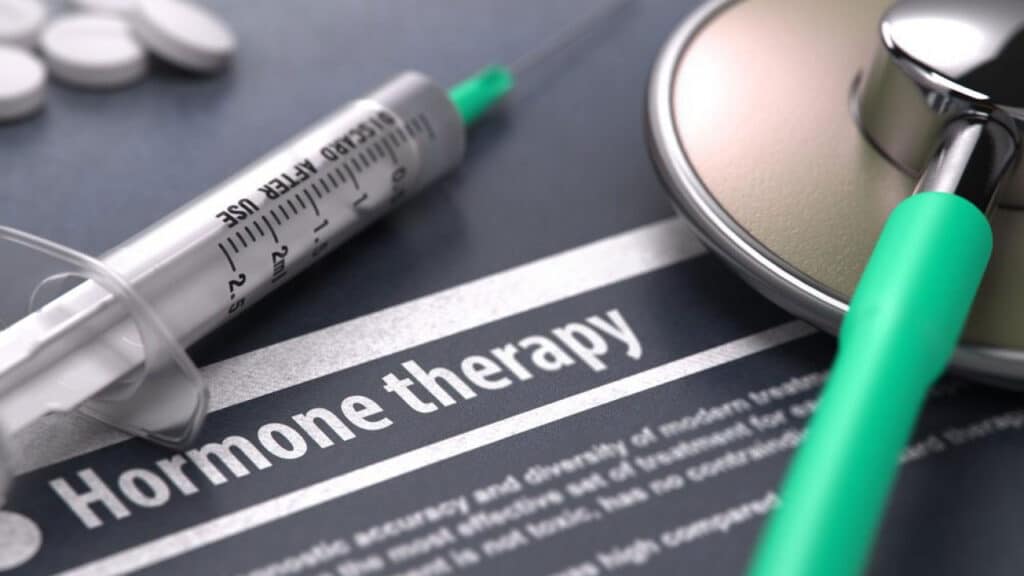Hormones are tricky things. They serve a lot of important functions when they’re working properly. Unfortunately, they’re not always right. If they’re too high or too low, it can be a source of irritation to say the least (sometimes literally, if it causes mood swings). The worst cases, like diabetes, can even be life-threatening. That’s when hormone therapy comes in.
In its broadest sense, hormone therapy is any kind of treatment using hormones. Sometimes this involves giving you a certain hormone that you’re lacking, and other times it may be suppressing a hormone that’s being produced to excess (sometimes called antihormone therapy).
There are several forms of hormone therapy that involve replacing hormones, but “hormone replacement therapy” is generally used to specifically refer to the type of hormone therapy given to try to manage symptoms of menopause. Estrogen and progesterone levels naturally reduce as we age, but this can cause some uncomfortable side effects along the way. HRT boosts these weakening hormones to moderate the effects.
If it’s testosterone levels that are too low, something called hypogonadism, androgen replacement therapy may be used. Sometimes hypogonadism is caused by disease, but there is also a natural testosterone reduction with age. Using ART for aging-related testosterone reductions can be controversial.
Sex hormones can also be used to help transgender people transition to their identified gender. These hormones can change things like body fat, muscle mass and hair growth, in addition to triggering specific aspects of puberty such as periods or a breaking voice. Some intersex people, who may display characteristics traditionally considered male and traditionally considered female at the same time, may also use sex hormones to try to align their body to only one sex.
Some treatments for cancer involve hormone therapy. Hormones can tell cells to grow, and they can also encourage the growth of tumors. Oncological hormone therapy involves using hormone antagonists to suppress these hormones and therefore slow or outright stop tumor growth. In other situations, certain hormones may be supplemented because they may work against the cancer cells.
Other forms of hormone therapy include hormonal contraception, like the pill; insulin for diabetics; thyroid hormones for those with an underactive thyroid (or the opposite if the thyroid is overactive); treatment for adrenal problems like Addison’s disease or Cushing’s disease; or growth hormones when those are deficient. It’s a long and diverse list.




